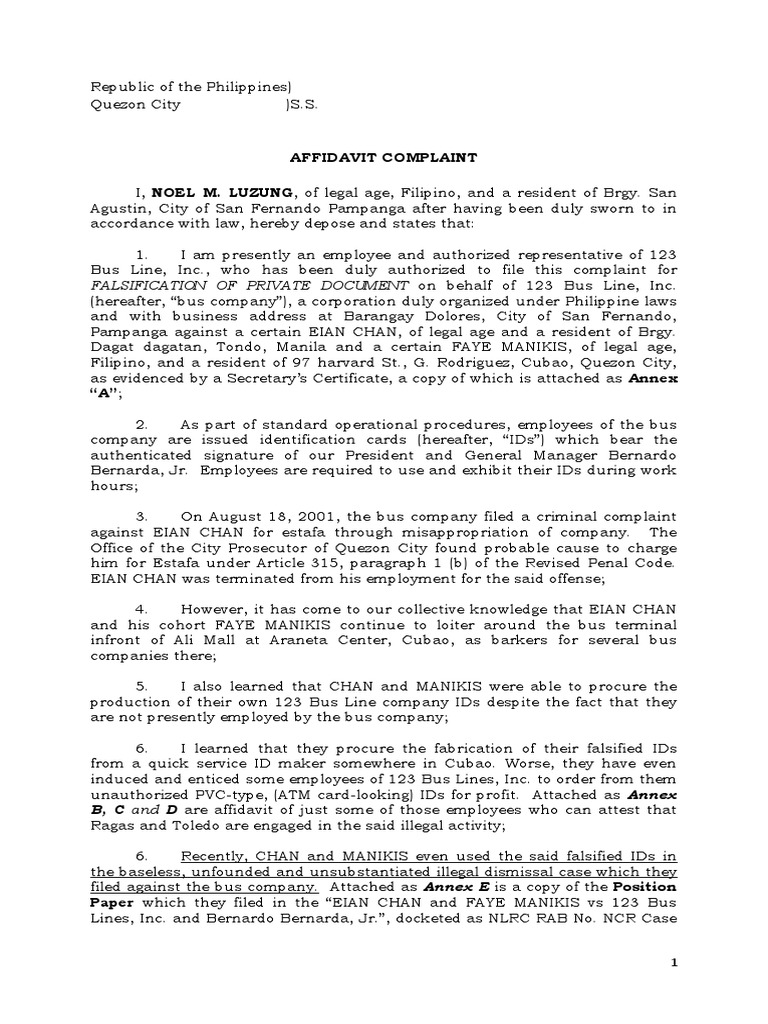ECB's New Task Force: Simplifying Banking Regulations In Europe

Table of Contents
The Rationale Behind the ECB's Simplification Efforts
European banking regulations have become increasingly complex over the years, a consequence of numerous directives and regulations introduced following the 2008 financial crisis and subsequent regulatory reforms. This complexity presents several significant drawbacks:
-
Increased Compliance Costs: Banks face substantial expenses in meeting complex reporting requirements and adhering to intricate regulations. These costs ultimately impact profitability and hinder growth. This includes expenses for specialized legal and compliance staff, sophisticated software systems, and extensive internal audits. The cost of compliance is disproportionately higher for smaller banks, creating an uneven playing field.
-
Reduced Lending to Businesses and Consumers: The high cost of compliance can translate into reduced lending activities. Banks might become more risk-averse, tightening credit conditions and limiting access to finance for businesses and consumers, potentially hindering economic growth. This is especially problematic for SMEs (Small and Medium-sized Enterprises) that are often highly reliant on bank lending.
-
Stifled Innovation in the Financial Sector: Navigating complex regulations can stifle innovation. Banks may be hesitant to invest in new technologies or financial products if the regulatory landscape is too burdensome and unpredictable. This slows the pace of technological advancement within the sector.
-
Inefficient Allocation of Capital: The focus on regulatory compliance can divert valuable resources and capital away from core banking activities such as lending and investment. This inefficient allocation of capital can reduce overall economic efficiency.
The ECB aims to create a more level playing field for banks of different sizes through simplification, ensuring a fairer competitive landscape and promoting economic growth across Europe.
Key Objectives of the Task Force on ECB Banking Regulation Simplification
The task force's primary goal is to streamline and simplify the existing regulatory framework. This involves several key objectives:
-
Reducing Regulatory Fragmentation: Harmonizing banking regulations across different EU member states is crucial. The current fragmented approach creates inconsistencies and increases compliance costs for banks operating across multiple jurisdictions.
-
Streamlining Reporting Requirements: Simplifying and standardizing reporting requirements will significantly reduce the administrative burden on banks. This includes exploring the use of standardized reporting templates and leveraging technology to automate data collection and submission.
-
Improving Clarity and Understandability: The existing regulations are often opaque and difficult to interpret, leading to uncertainty and potential inconsistencies in application. The task force aims to clarify the regulations and make them more easily understood by all stakeholders.
-
Promoting RegTech: The task force is likely to actively promote the use of RegTech (regulatory technology) solutions to improve regulatory efficiency. This includes leveraging AI, machine learning, and data analytics to automate compliance processes and reduce manual intervention.
-
Specific Regulatory Areas Targeted: The simplification efforts will likely target specific areas such as:
- Capital Requirements: Streamlining the calculation and reporting of capital adequacy ratios.
- Liquidity Rules: Simplifying liquidity coverage ratio (LCR) and net stable funding ratio (NSFR) requirements.
- Supervisory Reporting: Reducing the frequency and complexity of reporting to supervisors.
Challenges Faced by the ECB's Simplification Initiative
The ECB's simplification initiative faces considerable challenges:
-
Political Complexities: Coordinating regulatory changes across 27 EU member states with diverse national interests is a major political undertaking. Reaching consensus on simplification measures will require significant diplomatic effort and compromise.
-
Resistance from Stakeholders: National regulators or banking lobby groups may resist changes that affect their interests or perceived national sovereignty over their financial sectors. Managing these potential conflicts will be crucial for the success of the initiative.
-
Balancing Simplification with Stability and Protection: The task force needs to carefully balance simplification with maintaining financial stability and ensuring adequate consumer protection. Overly aggressive simplification could inadvertently create new risks or weaken safeguards.
-
Unintended Consequences: Regulatory changes can sometimes have unforeseen consequences. The task force must proactively assess and mitigate potential unintended negative impacts of the simplification efforts.
Potential Impact of Simplified ECB Banking Regulations
Successful simplification of ECB banking regulations promises numerous benefits:
-
Improved Global Competitiveness: Reduced regulatory burdens will allow European banks to compete more effectively with banks from other jurisdictions globally.
-
Increased Lending and Investment: Lower compliance costs and increased efficiency can free up resources for lending and investment, stimulating economic growth.
-
Enhanced Financial Innovation: A less burdensome regulatory environment can foster innovation and the development of new financial products and services.
-
Reduced Costs for Consumers: Lower operating costs for banks could potentially translate into lower fees and better services for consumers.
-
Increased Efficiency: Streamlining regulations will enhance efficiency within the banking sector, leading to better resource allocation and overall productivity.
Conclusion
The ECB's new task force represents a critical step toward modernizing the European banking regulatory landscape. Successful ECB banking regulation simplification will require careful planning, effective coordination, and a commitment to finding the right balance between regulatory efficiency and maintaining financial stability. The potential benefits are significant, including enhanced competitiveness, increased lending, and greater innovation within the European banking sector.
Call to Action: Stay informed about the progress of the ECB's initiative on ECB banking regulation simplification. Follow the ECB's publications and participate in relevant discussions to contribute to shaping a more efficient and competitive European banking system. Understanding these changes is crucial for all stakeholders, from individual consumers to large financial institutions.

Featured Posts
-
 Pfc Files Complaint Against Gensol Engineering For Falsified Documents
Apr 27, 2025
Pfc Files Complaint Against Gensol Engineering For Falsified Documents
Apr 27, 2025 -
 La Sorpresa En Indian Wells Eliminacion De Una Favorita
Apr 27, 2025
La Sorpresa En Indian Wells Eliminacion De Una Favorita
Apr 27, 2025 -
 Top Seed Pegula Defeats Defending Champ Collins In Charleston
Apr 27, 2025
Top Seed Pegula Defeats Defending Champ Collins In Charleston
Apr 27, 2025 -
 Revealed Patrick Schwarzeneggers Missing Part In Ariana Grandes White Lotus
Apr 27, 2025
Revealed Patrick Schwarzeneggers Missing Part In Ariana Grandes White Lotus
Apr 27, 2025 -
 How Ariana Grande Achieved Her Stunning Hair And Tattoo Look Professional Insights
Apr 27, 2025
How Ariana Grande Achieved Her Stunning Hair And Tattoo Look Professional Insights
Apr 27, 2025
Latest Posts
-
 Court Rules On E Bays Liability For Banned Chemicals Under Section 230
Apr 28, 2025
Court Rules On E Bays Liability For Banned Chemicals Under Section 230
Apr 28, 2025 -
 E Bay Faces Legal Action Section 230 And The Sale Of Banned Chemicals
Apr 28, 2025
E Bay Faces Legal Action Section 230 And The Sale Of Banned Chemicals
Apr 28, 2025 -
 Individual Charged With Millions In Losses From Office365 Executive Account Hacks
Apr 28, 2025
Individual Charged With Millions In Losses From Office365 Executive Account Hacks
Apr 28, 2025 -
 Massive Office365 Executive Account Compromise Results In Multi Million Dollar Loss
Apr 28, 2025
Massive Office365 Executive Account Compromise Results In Multi Million Dollar Loss
Apr 28, 2025 -
 Cybercriminal Made Millions Targeting Executive Office365 Accounts
Apr 28, 2025
Cybercriminal Made Millions Targeting Executive Office365 Accounts
Apr 28, 2025
